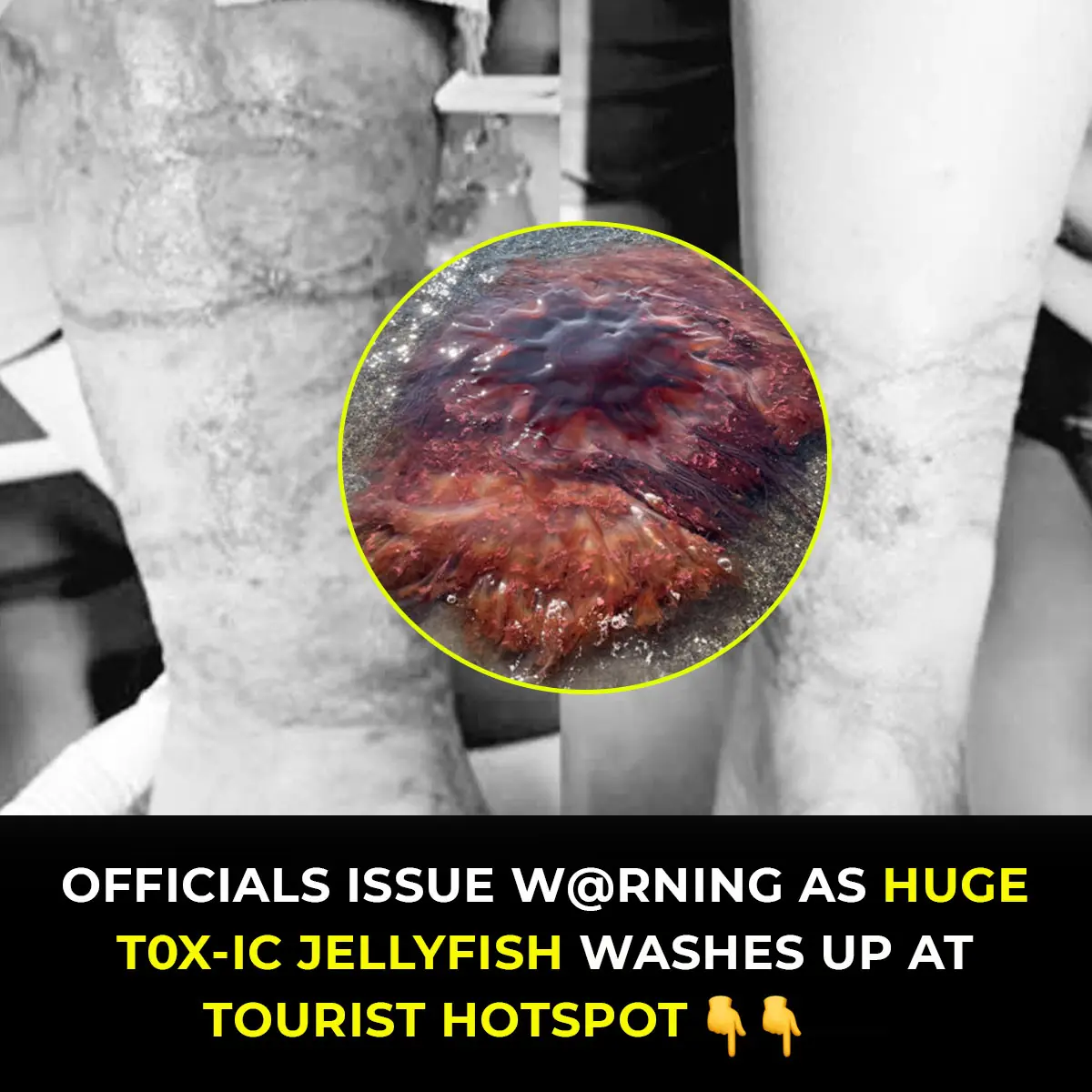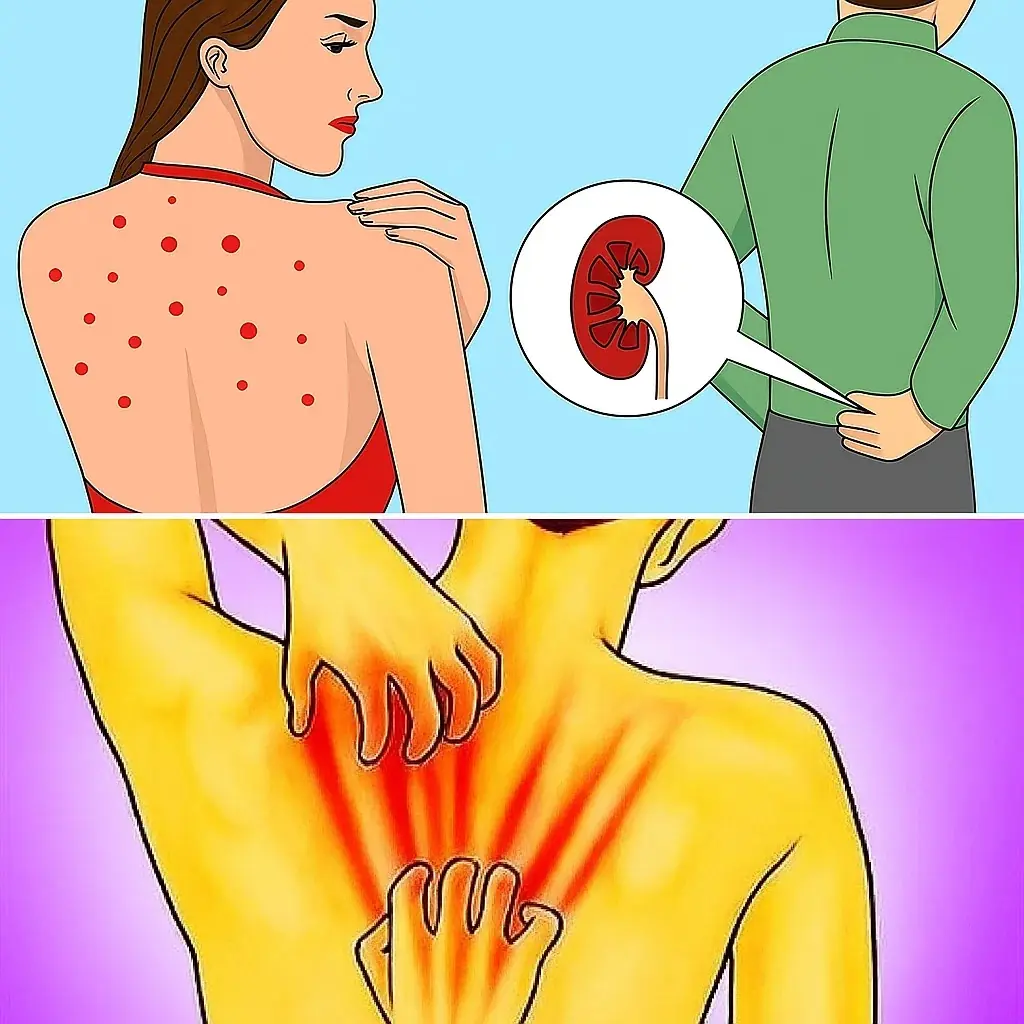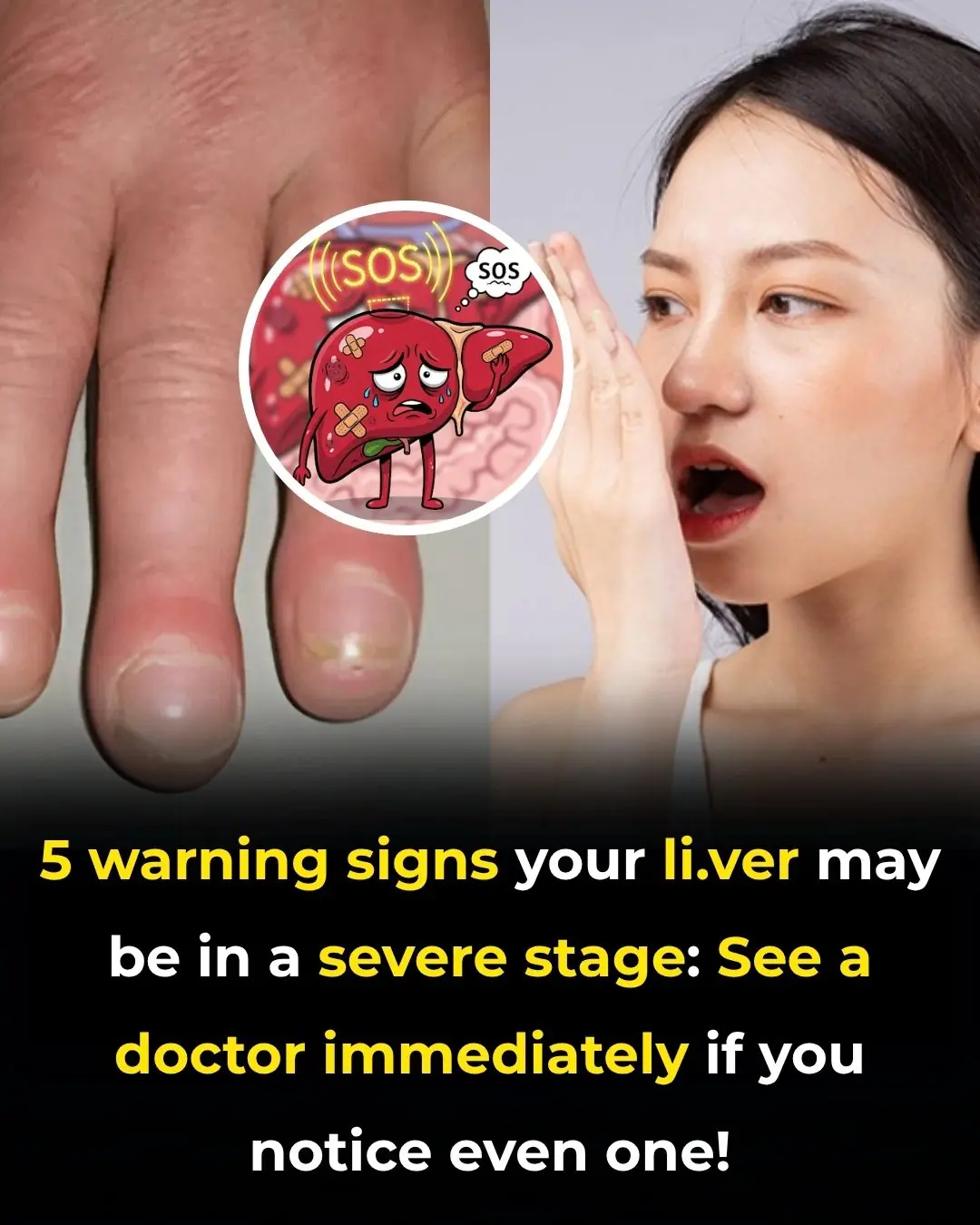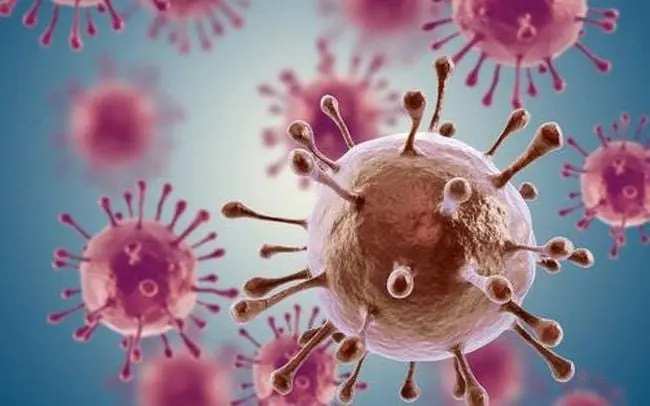
Foamy Urine: Here’s Why You Have Bubbles in Your Urine
Passing foamy urine every once in a while is usually nothing to worry about.
It’s common to experience foamy urine from time to time. Various factors can cause this, and in most cases, it’s harmless. For instance, when your bladder is full and the urine hits the water faster than usual, it can create foam. Similarly, after peeing, the foam in the toilet could simply be due to chemical residues from cleaning products reacting with your urine.
However, in some cases, if your urine is consistently foamy, it could indicate an underlying kidney issue. The bubbles in your urine may be a result of excess protein in your pee. Additionally, foamy urine may occur if you’re dehydrated, stressed, have diabetes, or are dealing with cardiovascular disease.
Typically, occasional foamy urine is not a cause for concern. If you’re drinking enough fluids and still notice persistent foam, it’s wise to consult your doctor.
In this article, we will explore various reasons for having foamy urine, delving deeper into what could cause it and what steps you can take to address the issue.
Common Reasons for Foamy Urine
Let's start by looking at common, non-threatening causes of foamy urine. In these instances, the foam should subside fairly quickly and only appear occasionally.
Rapid urination
One of the most frequent reasons for foamy urine is rapid urination.
Dr. Erik Castle from the Mayo Clinic explains that the speed at which urine is passed can affect its appearance, causing it to foam. This is particularly common when you have a full bladder and the force of urine hitting the water creates a foamy reaction.
Chemical reactions
Sometimes, the foam in your urine is the result of a chemical reaction with residues left in the toilet from cleaning products.
Urine consists of various substances, including salts, urea, nitrogen, and hydrogen. These chemical components can vary depending on your diet, according to research from Critical Reviews in Environmental Science and Technology.
When cleaning agents leave chemical traces in the toilet, they can react with the compounds in your urine, resulting in foam.
Dehydration and foamy urine
Dehydration is another common cause of foamy urine, as it leads to higher concentrations of chemicals in your urine.
The American Family Physician journal highlights that dehydration can cause your urine to foam. This happens because the reduced water intake makes your urine more concentrated. Dehydration can also occur due to intense physical activity, so it's important to stay hydrated.
Dehydration causes more than just foamy urine – it can affect your overall health. When dehydrated, your body struggles to flush out toxins, which can harm your organs. The color of your urine is a good indicator of hydration levels. Healthy urine should be pale and shouldn’t have a strong odor of ammonia. Dark yellow urine often signals dehydration, so make sure to drink more water.
When properly hydrated, the foam in your urine should disappear, and your urine should return to a clear or light yellow color.
Stress and foamy urine
Experiencing foamy urine can also occur if you’re under psychological or emotional stress.
Stress can disrupt your hormone balance and increase protein levels in your urine. A study in the Indian Journal of Medical Research found that prolonged stress or anxiety can cause higher levels of albumin, a protein in the urine. This can lead to foamy urine, as stress affects kidney function, leading to more protein in the urine.
Besides causing foamy urine, stress can also contribute to other health problems, such as a heightened risk of heart disease, digestive issues, and a weakened immune system.
If stress is affecting your daily life, you can try some natural methods to relieve anxiety and stress. Using essential oils for relaxation is another way to improve overall well-being and boost your immune system.
By reducing stress levels, you should notice that the foam in your urine will diminish.
Pregnancy
Pregnancy can also lead to foamy urine, with bubbles appearing in the water after you pee.
Of course, stress, dehydration, and a full bladder can be contributing factors during pregnancy.
However, a study published in BMJ found that foamy urine during pregnancy could be a sign of preeclampsia. This condition involves excess protein in the urine and high blood pressure. Other symptoms may include swelling in the face and hands.
Preeclampsia is typically detected during prenatal visits, but doctors recommend seeking immediate medical attention if you experience sudden severe headaches, abdominal pain, or shortness of breath during pregnancy.
Other Health Conditions That Can Cause Foamy Urine
If foamy urine becomes frequent, it could be a sign of a more serious health problem. In such cases, a urine test will help identify the cause and guide treatment.
Here are some conditions that may lead to persistent foamy urine:
Too much protein
Excess protein in your urine can cause it to foam up.
Normally, urine should have little to no protein. However, when your kidneys aren’t functioning properly, you may develop a condition called proteinuria.
According to Kidney Research UK, foamy urine is often the result of high protein levels. Along with foamy urine, you may notice swelling in your hands and feet.
Foamy urine is just one sign of kidney disease. Other symptoms can include pain under your right ribs, a metallic taste in your mouth, or persistent itching. To protect your kidney health, it’s crucial to drink plenty of water, exercise regularly, and avoid nutritional deficiencies.
Diabetes
Diabetes can damage the kidneys over time, which may result in foamy urine.
Dr. Colin Tidy from Patient.info explains that high blood sugar levels can cause kidney damage, which leads to protein leaking into the urine, causing bubbles. This kidney damage can also result in scarring, eventually leading to diabetic kidney disease.
If you’re diabetic, you should monitor other risk factors like high blood pressure, being overweight, and not controlling blood sugar properly.
Being proactive with your health, staying active, maintaining a healthy weight, and eating a balanced diet can greatly reduce your risk of developing diabetes.
Urinary tract infections (UTIs)
If you experience a burning sensation when urinating and notice foamy urine, you might have a urinary tract infection (UTI).
UTIs occur when bacteria enter your urinary tract and cause an infection. This can cause your urine to darken and emit a foul odor.
UTIs can also cause protein to appear in your urine, which leads to foamy urine. A study in Nephrology Dialysis Transplantation reported that proteinuria is often found in people with UTIs.
It’s important to treat UTIs promptly. A doctor may take a urine sample to check for nitrites, a marker of infection.
Dr. Traci Johnson from WebMD advises that drinking plenty of water can help flush bacteria out of your system. If UTI symptoms persist after two days, you should seek medical attention.
Cardiovascular disease
Frequent foamy urine, even when you’re properly hydrated, could indicate cardiovascular disease.
Research in the International Journal of Nephrology and Renovascular Disease shows that excess protein in the urine is linked to a higher risk of stroke, high blood pressure, heart disease, and heart failure. For example, patients with hypertension are four times more likely to develop heart disease if they have proteinuria.
To maintain a healthy heart, make lifestyle changes such as exercising regularly, reducing body weight, quitting smoking, and limiting alcohol consumption.
Be mindful of the signs of heart disease, and never ignore chest pain, especially if it radiates to your arms.
When to See a Doctor
While most people experience foamy urine from time to time, if it becomes frequent or if the urine is darker than usual, it’s important to increase your fluid intake. But what if the foam persists?
Dr. Erik Castle, a urologist, advises that if your urine continues to be foamy, you should see your doctor. A urine test will help assess protein levels and identify any other substances that may be causing the foam. This will assist your doctor in diagnosing the cause and recommending the best course of action for treatment.
News in the same category


Officials Warn Tourists As Giant Toxic Jellyfish Washes Ashore At Popular Beach

When Nighttime Leg Cramps Become a Concern

One Month Before A Heart Attack, Your Body Will Warn You Of These 7 Signs

Researchers Sound Alarm Over Surge In Anal Cancer And High-Risk Populations

5 Things Doctors Say You Should Never Give Your Kids to Help Prevent C@ncer

6 Powerful Castor Oil Benefits for Your Health and Wellness

10 Warning Signs Your Kidneys May Be in Serious Danger
Your kidneys quietly work around the clock to keep your body in balance, but when they start to fail, the symptoms can be subtle and easily overlooked. Spotting these early warning signs could save your health—and even your life.

Evidence-Based Health Benefits of Honey (Raw, Pure, Natural) + Turmeric Golden Honey Recipe

Cancer Is Painless At First, But If You See These 8 Signs When Going To The Bathroom, You Should Go For An Early Check-Up
Changes in bowel movements can sometimes be an early red flag for colon cancer, even when other symptoms seem absent. Understanding what’s normal — and what isn’t — could make all the difference in getting timely help.

Home Remedies for Blocked and Stuffy Nose

Woman Reveals the Sh0cking Fantasy Over 50% of Married People Secretly Admit To Having
Over half of married people admit to secretly fantasizing about an ex — a habit experts say can trigger emotional detachment and strain current relationships. While revisiting old memories may feel harmless, psychologists warn it could signal deeper iss

Doctors Warn 3 “Don’ts” After Meals—And 4 “Don’ts” Before Bed To Prevent Stroke At Any Age
Up to 80% of strokes can be prevented, and the key lies in small daily habits — especially right after meals and before bedtime. Science now reveals 3 post-meal and 4 pre-bed “don’ts” that can protect your brain, heart, and long-term health at any

Symptoms of Chikungunya virus revealed as China takes 'COVID measures' after reporting 7,000 cases
China is on high alert after more than 7,000 Chikungunya virus cases were reported across 13 cities in Guangdong, prompting swift containment measures. Unlike COVID-19, this mosquito-borne disease spreads through bites, but its painful symptoms and rapid

Bruising Easily? Itchy Skin? 5 Hidden Signs of Liver Damage You Might Be Overlooking

The 20 Most Potent Cancer-Fighting Foods Hiding in Plain Sight

You’re Drinking Water Every Day but This One Mistake Is Costing You

If Your Partner’s Breath Is Brutal, Just Make This One-Ingredient Fix This Morning
News Post

A Late-Night Uber Ride That Changed a Life.

The Only Thing My Late Dad Left Me Was a Rusty Key, and I Thought It Was a Joke Until My Cousin Offered Me $10,000 for It – Story of the Day

You Should Never Ignore These 9 Things Your Fingernails Reveal About Your Health

Scientists Warn Foot-Long “Demonic Flesh-Eating” Worms Are Invading The U.S.—Here’s What To Do

Officials Warn Tourists As Giant Toxic Jellyfish Washes Ashore At Popular Beach

When Nighttime Leg Cramps Become a Concern

One Month Before A Heart Attack, Your Body Will Warn You Of These 7 Signs

Coca‑Cola Fires Back After Trump Claims He Switched The Coke Recipe

Researchers Sound Alarm Over Surge In Anal Cancer And High-Risk Populations

5 Things Doctors Say You Should Never Give Your Kids to Help Prevent C@ncer

6 Powerful Castor Oil Benefits for Your Health and Wellness

A Wild Kingfisher, Three Generations, and the Unspoken Language of Love.

More Than a Win: The True Victory of the Cooma North Boys.

Moment two AI agents realise they're talking to another AI and switch to their own bizarre language

Woman earns hundreds every day just by sitting in New Yorker's cars

My Husband Threw Away the Chicken I Cooked Saying 'You'll Thank Me Later' – When I Found Out Why, I Filed for Divorce

The Ride That Changed Everything.

My Sister Brought My Ex to My Wedding and I Was Stunned, but Then Her Speech Changed Everything – Story of the Day

10 Warning Signs Your Kidneys May Be in Serious Danger
Your kidneys quietly work around the clock to keep your body in balance, but when they start to fail, the symptoms can be subtle and easily overlooked. Spotting these early warning signs could save your health—and even your life.
